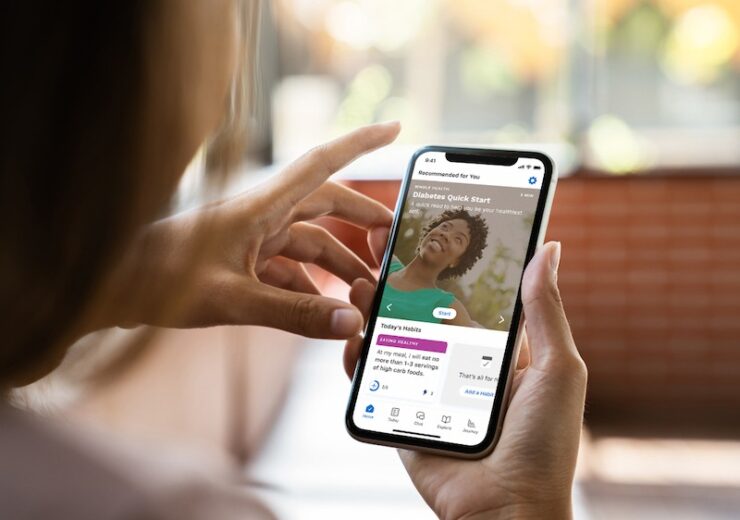The single-arm, retrospective design study revealed an important correlation between improved diabetes management and depression symptoms

Vida Health's unified approach to cardiometabolic and mental health yielded significant, long-term clinical benefits as per a retrospective study. (Credit: Business Wire/Vida Health)
Vida Health said that its digital health diabetes management programe has achieved meaningful sustained clinical outcomes in a retrospective study featuring 1,128 adult participants with Type 2 diabetes.
According to Vida Health, its app-based programme had demonstrated significant improvements in both glycemic control and depression management.
According to an article published in JMIR Formative Research, the study revealed a critical correlation between improved diabetes management and depression symptoms.
Vida Health’s integrative digital health diabetes management programme is said to be a comprehensive approach designed to help members to manage both their physical and mental health.
The study’s results include an average 1.9 point reduction in HbA1C at four months for those with a baseline HbA1C of >=9. This improvement was maintained at one year.
Similarly, an average 1.4 point reduction in HbA1C at four months was observed for those with a baseline HbA1C of >=8, and this too was sustained at one year.
The results further revealed that participants who saw improvements in depression acuity had almost double the improvements in HbA1C. Additionally, a downward shift was reported in depression acuity for 61% of participants, and in anxiety acuity for 55% of participants.
Vida Health chief medical officer Richard Frank said: “We’re thrilled to see the positive, sustained impact that our integrated approach is having on our members.
“It’s no surprise to us that patients who are supported as a whole person see better results than those who are treated in silos. It’s clear that patients with diabetes need integrated behavioral health support along with physical health support and we’re excited to be able to offer that to our patients.”
The study employed a single-arm, retrospective design. This app-based initiative provides one-on-one remote sessions with a health coach, a registered dietitian nutritionist, or a certified diabetes care and education specialist.
Besides, the programme included structured lessons and tools focused on diabetes management and self-care.
Participants submitted their baseline HbA1C values and follow-up values recorded 90 days after starting the programme. The Patient Health Questionnaire (PHQ-8) and the Generalized Anxiety Disorder Scale (GAD-7) were used to evaluate self-reported depressive and anxiety symptoms, respectively.
